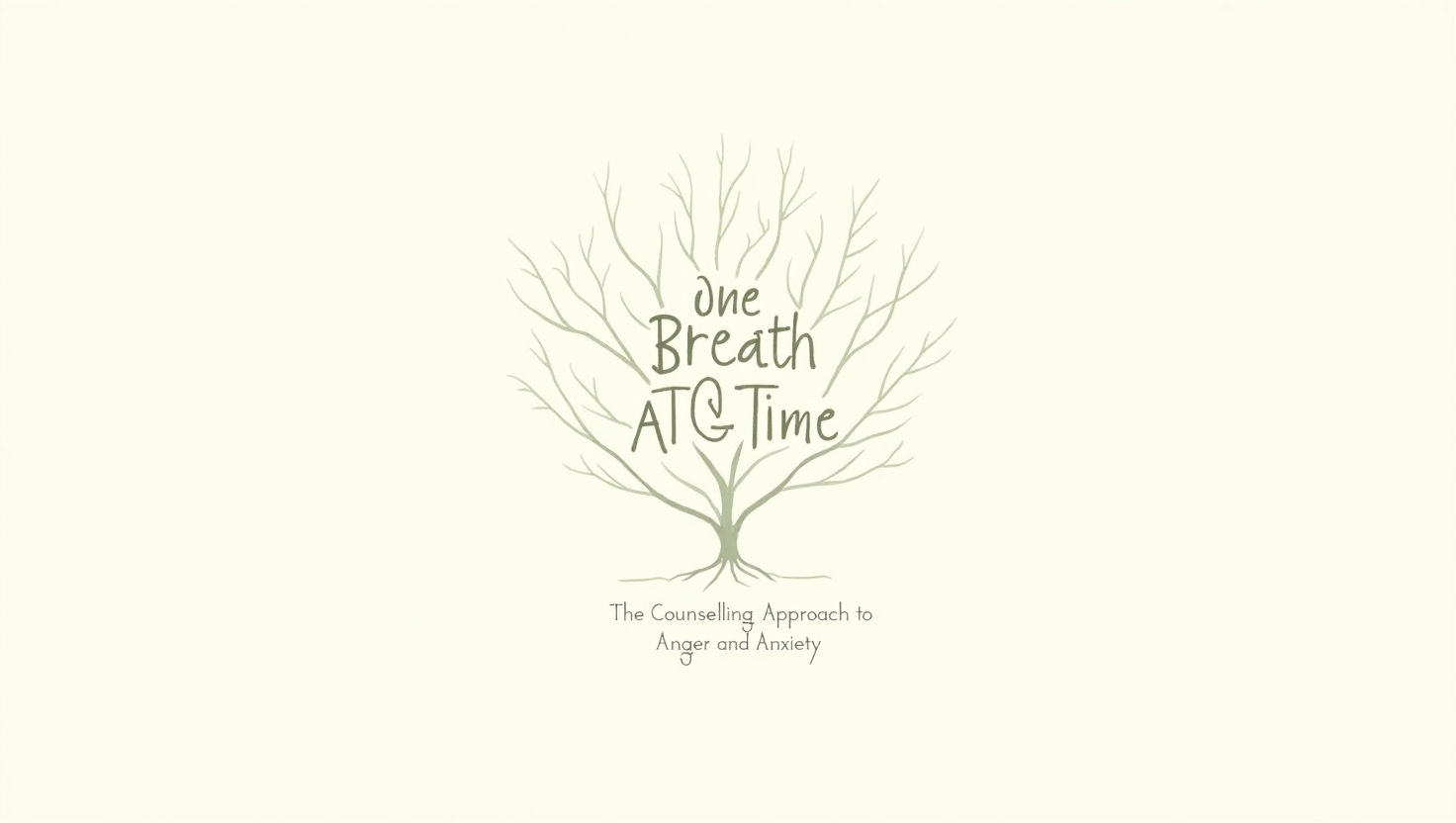One Breath at a Time: The Counselling Approach to Anger and Anxiety

What happens when emotions take the wheel? When frustration bubbles up in the chest, or anxiety clutches the throat like a tight knot, it’s more than just a bad day—it’s a sign that support may be needed. That’s where Stress and Anger Management Counselling comes in.
What Is Stress and Anger Management Counselling?
Stress and Anger Management Counselling is a structured and therapeutic approach designed to help individuals understand, manage, and reduce intense emotional reactions. These emotions often show up uninvited—triggered by work pressure, relationship issues, past trauma, or even something as simple as a traffic jam. Counselling doesn’t just address the surface symptoms. It explores the roots of these emotions and provides practical tools to regain control.
At its core, this type of counselling creates a safe space to talk openly and without judgment. It combines psychological techniques like cognitive behavioral therapy (CBT), mindfulness, and emotional regulation skills to tackle the challenges of daily stress management and emotional overwhelm.
Why Stress and Anger Need Managing
Left unchecked, chronic stress and unchecked anger can take a toll on both physical and mental health. From headaches and insomnia to heart problems and strained relationships, the consequences are real—and sometimes long-lasting.
Anger, in particular, can be explosive or passive-aggressive. It might show up as yelling, avoidance, sarcasm, or internal resentment. Anxiety often walks hand-in-hand with it—manifesting as worry, racing thoughts, tension, or a sense of dread.
Both are natural emotions, but when they control behavior or interfere with daily life, it's time for a healthier approach.
Recognizing the Signs
Knowing when to seek Stress and Anger Management Counselling starts with recognizing the signs:
Frequent irritability or short temper
Feeling overwhelmed or emotionally drained
Trouble sleeping or concentrating
Physical symptoms like muscle tension or rapid heartbeat
Difficulty communicating without conflict
Avoiding situations to “keep the peace”
These signs don’t mean someone is weak. They mean that support is needed—just like a doctor’s visit for a recurring cough or back pain.
Step-by-Step: How Counselling Helps Manage Stress and Anger
Let’s break down how Stress and Anger Management Counselling works, step by step, using simple and practical methods.
1. Awareness Comes First
The first step is awareness. Counselling helps people spot patterns—like how anger builds or which situations create anxiety. Through guided conversations and journaling exercises, triggers are identified. Recognizing these emotional “hot spots” is key to avoiding destructive reactions later on.
2. Understanding the Root Cause
Counselling sessions dig into deeper causes. Maybe anger comes from feeling disrespected, or maybe anxiety stems from a fear of failure. Understanding these core beliefs can reshape reactions over time. This isn't about blame—it's about clarity.
3. Breathing and Grounding Techniques
Simple breathing exercises can make a big difference. One breath at a time, calm is restored. Counsellors teach breathing and grounding techniques that can be used anywhere—before a meeting, after an argument, or in the middle of a stressful day.
Examples include:
4-7-8 Breathing: Inhale for 4 seconds, hold for 7, exhale for 8
Box Breathing: Inhale, hold, exhale, and pause—each for 4 seconds
Body Scan: Noticing tension in each part of the body, then slowly releasing it
These help regulate the nervous system and bring a sense of control back into the moment.
4. Thought Reframing
Negative thoughts can escalate stress and anger quickly. Counselling teaches how to challenge and reframe these thoughts. For example:
Instead of: “I can’t handle this,”
Try: “I’ve handled hard things before. I’ll take it one step at a time.”
Instead of: “They’re doing this on purpose,”
Try: “Maybe there’s another reason this happened. I’ll ask before reacting.”
These shifts create healthier responses and build emotional resilience.
5. Learning Communication Skills
A lot of anger stems from feeling misunderstood. Counselling introduces assertive—not aggressive—communication techniques. This includes:
Using “I feel” statements instead of blaming
Active listening without interrupting
Setting boundaries calmly but clearly
Better communication reduces tension in relationships, which directly improves stress management overall.
6. Creating a Self-Care Routine
Self-care is not a luxury—it’s a necessity. Counsellors help design routines that include rest, nutrition, movement, and personal time. These small habits build a stronger emotional foundation.
Suggestions might include:
Daily walks or light stretching
Limiting screen time before bed
Keeping a stress journal
Prioritizing sleep
Saying “no” when overwhelmed
When physical needs are met, emotional balance becomes easier to maintain.
7. Regular Check-Ins and Progress Tracking
Counselling isn’t a one-time fix. It’s a journey. Regular sessions help track progress, adjust techniques, and stay accountable. Over time, emotional outbursts decrease, and confidence in handling stress and anger grows.
Who Can Benefit?
Stress and Anger Management Counselling isn’t just for those with explosive tempers or severe anxiety. It’s for anyone who wants better emotional control, healthier relationships, and improved overall stress management.
This includes:
Parents struggling with work-life balance
Teens dealing with academic pressure
Professionals juggling high-stress jobs
Couples facing frequent arguments
Individuals recovering from trauma or burnout
When to Seek Counselling
It’s never “too soon” or “not bad enough” to ask for help. Seeking counselling is a sign of strength, not failure.
If anger or anxiety affects daily routines, health, or relationships—even slightly—it’s worth exploring professional support. The earlier the intervention, the smoother the path forward.
Final Thoughts
Managing emotions doesn’t mean ignoring them. It means understanding, processing, and responding to them in healthier ways. That’s what Stress and Anger Management Counselling offers.
By learning to pause, breathe, and respond rather than react, life becomes calmer, relationships grow stronger, and confidence builds steadily. There’s no quick fix—but every step forward counts.
One breath at a time, peace is possible.
Note: IndiBlogHub features both user-submitted and editorial content. We do not verify third-party contributions. Read our Disclaimer and Privacy Policyfor details.



